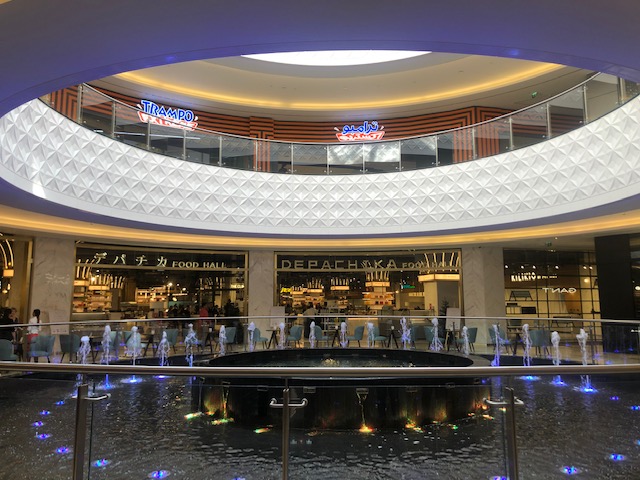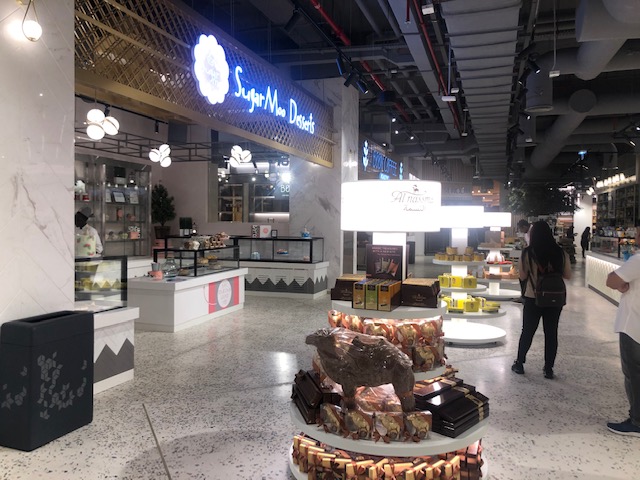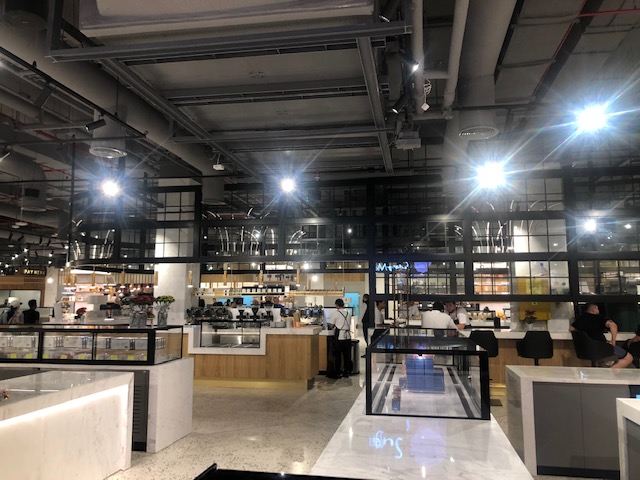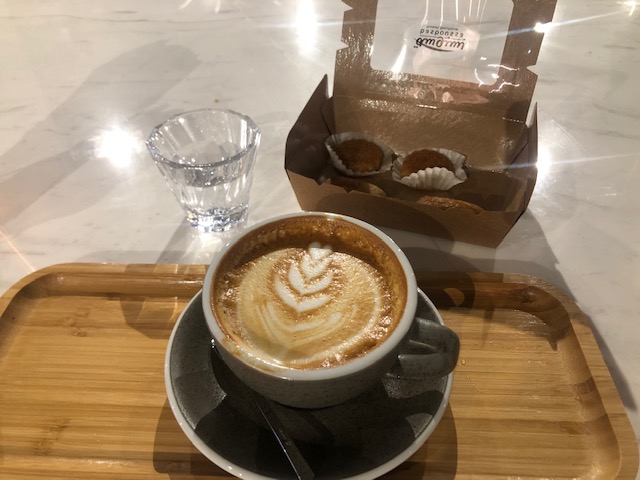







Diana Farah Dubai
A Japanese food hall is set to open in Dubai, bringing local and international brands together to create a unique shopping and dining experience in the Middle East.
Depachika food hall is opening its doors at the Nakheel Mall on Dubai’s Palm Jumeirah.
Inspired by the basement food halls in Japan, Depachika will feature local Emirati brands, including chocolatiers, bakeries and coffee roasteries.
Sandy El-Hayek, the Nakheel food & beverage manager, said that when people visit Japan, they always somehow end up at a depachika.
“Whether you like it or not, you will end up in a depachika when you are in Japan,” she said.
A depachika, deriving from the words department store and basement, is commonly found in Japan.
El-Hayek said that the idea to bring a depachika to Dubai came from the Nakheel Chairman Ali Rashid Ahmad Lootah.
“Our chairman is a huge fan of Japan, and all of us are as well. So, when he suggested we open a depachika, we were excited,” she added.
The food hall is not meant to be a replica, El-Hayek said. “The biggest failure is when you copy paste, and don’t read your market.”
She explained that they wanted Dubai’s depachika to adapt with the UAE culture, while incorporating some Japanese elements.
“We are going to have something called the Matsuri festival, taken straight from Japan. We will have the festival once at the end of every month, where any new products or services will also be revealed,” the manager said.
El-Hayek added that Depachika will also host competitions for baristas in the country as coffee culture is something that resonates with both Japanese and Middle Eastern societies.
“Japan is very strong with coffee and it’s a booming industry in Dubai as well. That’s why we have two coffee roasteries,” she said.
“We will be inviting all the baristas in the industry and conducting competitions. We are going to have a panel sitting and judging, trying different types of coffee, advertising the small organic farmers,” she added.
During her visit to Japan, the former chef sommelier said that Japanese cuisine was her favorite, so when she first heard about the project, she was “a bit hesitant,” because she was not sure how it was going to fit it into the market.
“I feel that it is such a fragile project, and whatever the Japanese do is very delicate. You need to do it properly or not do it at all,” she said.
El-Hayek said that when she brought together all the elements, from small local brands that needed exposure, to the coffee roasteries and cooking classes that will soon be available, she said she felt like “it all came into place.”
She explained that the Japanese and Arab cultures are closer than people think.
“Japan may be far away, but it is actually so close to us,” she said.
The Lebanese-Scandinavian manager added that generosity is very common between the two cultures, in the way they both “welcome you, and the way they treat you as a guest, making you feel so honored.”
El-Hayek said the team is using internal elements of Japanese food halls for managing her products and staff.
“We are managing 36 brands, therefore, we’ve been inspired by a Japanese system, in which certain brands will be rewarded based on sustainability, customer service, and products,” she said.
She added that this was a way for her and the team to measure and keep up the standards of the food hall.